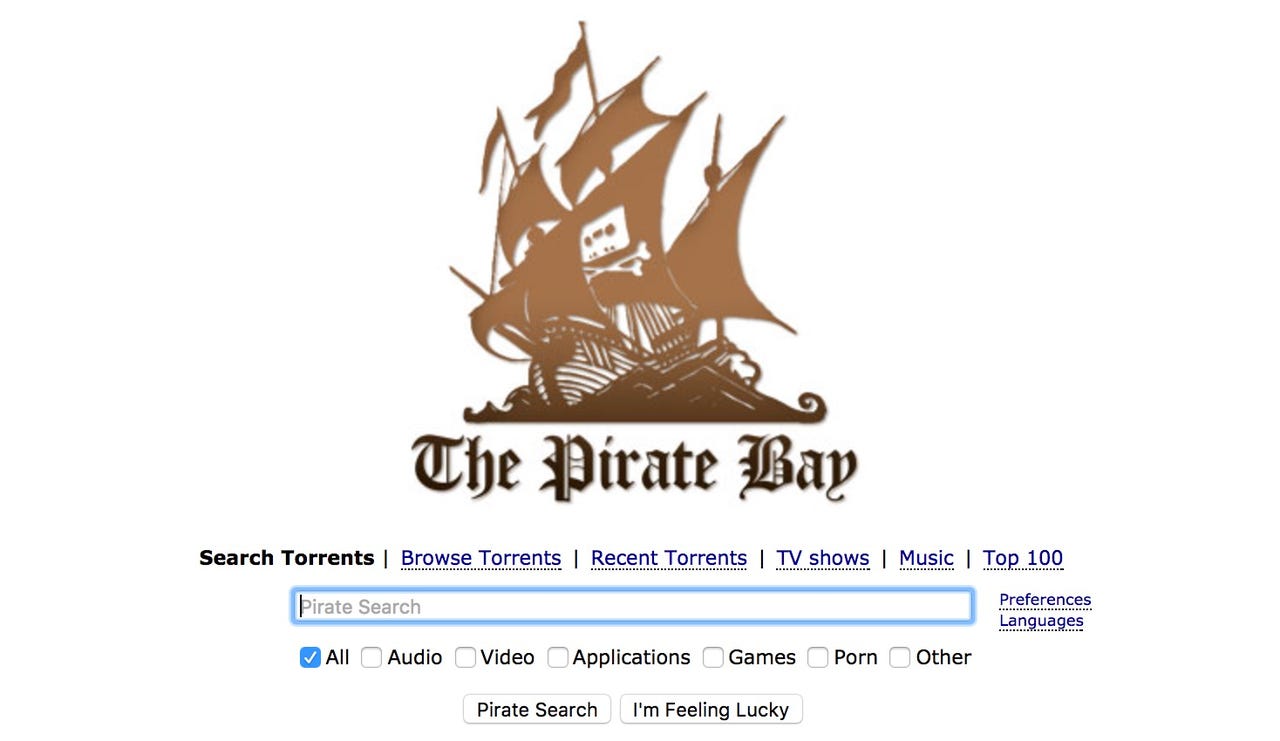Google, Microsoft pledge to strike piracy sites from front page searches

Google and Microsoft have pledged changes to their search engines which will make life harder for users seeking illegal, copyrighted material.
Google, Microsoft, and the UK government have worked out their differences and reached a truce over the availability of pirated material online. While removing links to any website which claims to offer copyrighted material smacks of censorship, the tech giants have offered to sign up to a deal which will make finding content such as pirated films, television shows, and games at least slightly more difficult.
The search engine operators have been accused in the past of not doing enough to protect the rights of copyright holders, and record labels, agents and film studios have campaigned for years for changes to be made.
Now, according to The Telegraph, these changes are afoot.
Under a new set of voluntary guidelines, Microsoft's Bing and Google will remove pirate links from the first page of search results. In addition, both search engines may tweak autocomplete features on their respective search bars to support these guidelines. The autocomplete, first utilized as a time-saving measure, may also remove terms which lead to pirate websites.
While Google has received takedown notices for over a million websites which reporters claim to infringe on copyrighted material, the company cannot rely solely on this information to make an informed decision.
There are domains which are repeatedly reported to Google for other reasons -- such as political purposes. Some websites constantly reported for infringing content, for example, include the White House, NASA, and the BBC. (You can view Google's daily copyright notice reports over at the company's transparency section.)
Instead, Google will only demote domains when there are frequent copyright takedowns issued against them.
The UK's Intellectual Property Office (IPO) copyright watchdog will oversee the changes for the first few months of being implemented. It is possible that after this 'trial' period, stricter rules may be enforced.
"Pirate websites are currently much too easy to find via search, so we appreciate the parties' willingness to try to improve that situation," Stan McCoy of the Motion Picture Association told the publication.
According to the IPO, roughly one in six Britons access and download pirated material, and claims that with the rise in legal streaming services, piracy rates continue to fall.
"Google has been an active partner for many years in the fight against piracy online," a Google spokesperson told ZDNet. "We remain committed to tackling this issue and look forward to further partnership with rights holders."
The news comes on the heels of Internet Service Providers (ISPs) in the UK planning to give the failed US 'strikes' system a try.
The government-backed "Get it Right" campaign, members of which now include BT, Sky, TalkTalk, and Virgin Media, aims to "educate" users about legal avenues for content by giving warnings to subscribers that are believed to be using torrent software to download illegal material.
However, there is little consequence for persistent file sharers, so it is unlikely that pirates will be cowed by an emailed notice or two -- especially when they know their contracts will not change.
A Microsoft spokesperson said:
"We are pleased to have reached agreement on this code of conduct for search-related copyright issues, and we thank the UK government for driving this industry-wide initiative forward."
